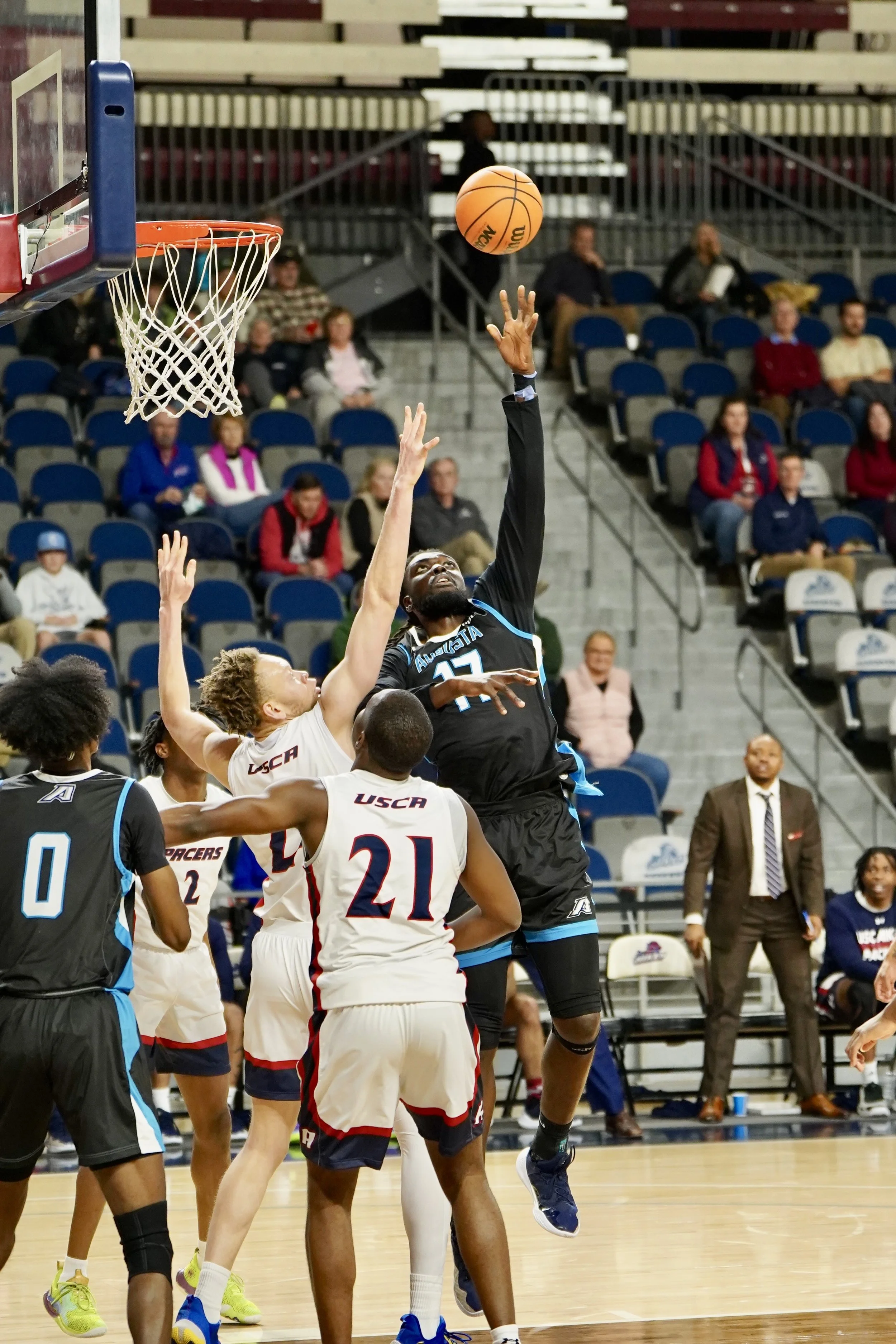The Center for Writing Excellence eases student anxiety, one paper at a time
By Ana McGriff | Staff editor
Writing is an essential part of daily life, whether it’s texting, emailing, taking notes, or writing essays. However, it often comes with the anxiety of clarity and success. "Does what I wrote even make sense?"
This question echoes across Augusta University’s campus, from undergraduates to graduate students, as they enter the Center for Writing Excellence (CWE), a resource that is both beloved and occasionally underutilized.
As a student and consultant, I’ve experienced firsthand how anxiety impacts the student experience. The pressure to succeed often stems from “perception” and the fear of not meeting academic expectations.
“Students often feel added pressure to be ‘worthy’ of their title,” said Dr. Hannah Soblo, interim assistant director of the CWE. “They worry that their paper should read like a grad paper or a senior paper when, in reality, there is no single right way to write.”
Many students experience uncertainty when they first enter the CWE. Whether it’s due to a lack of experience or rigid structures set by professors, that hesitancy can lead to simple mistakes. Dr. Soblo points out that the pressure to perform increases once students enter graduate school.
"Expectations heighten while instruction lessens. There's less assistance, and it puts them under a microscope," Dr. Soblo said.
For undergraduates, the pressures of academic writing can feel overwhelming even without the looming challenge of graduate school. Essays and reports pile up before students can fully prepare for them.
Makayla Matthews, an administrative assistant to the CWE, is often the first point of contact for students and has observed the common struggles of writers.
“Citation style is one thing that comes to mind,” Matthews said. “In high school, MLA is pretty standardized, but many students aren’t aware there are other citation styles, like Chicago or APA, that can cause confusion.”
Despite being employed at the CWE for nearly a year, I found myself facing similar anxieties about writing. This reflection brought me to realize that even those trained to handle writing difficulties aren’t immune to academic insecurity.
However, reassurance came when Dr. Soblo offered a humbling perspective:
““Sometimes we don’t know the answers because there isn’t one.””
Her comment highlighted the often-overlooked truth that not everything has a clear-cut solution, especially in academic writing.
Asking questions and admitting uncertainty are often difficult for students who fear judgment. But it’s important to remember that asking for help doesn’t mean you’re a "bad" writer—it means you’re willing to improve.
“Many students think our consultants will be critical or mean,” Matthews said. “They assume they can only come to us if they’re a ‘bad’ writer. That’s just not true. We’re here to help.”
The fear of not getting it right can sometimes prevent progress. The CWE’s consultants are dedicated to easing that anxiety, offering a safe space where students can ask questions, make mistakes, and improve their writing.
Contact Ana McGriff at amcgriff@augusta.edu



